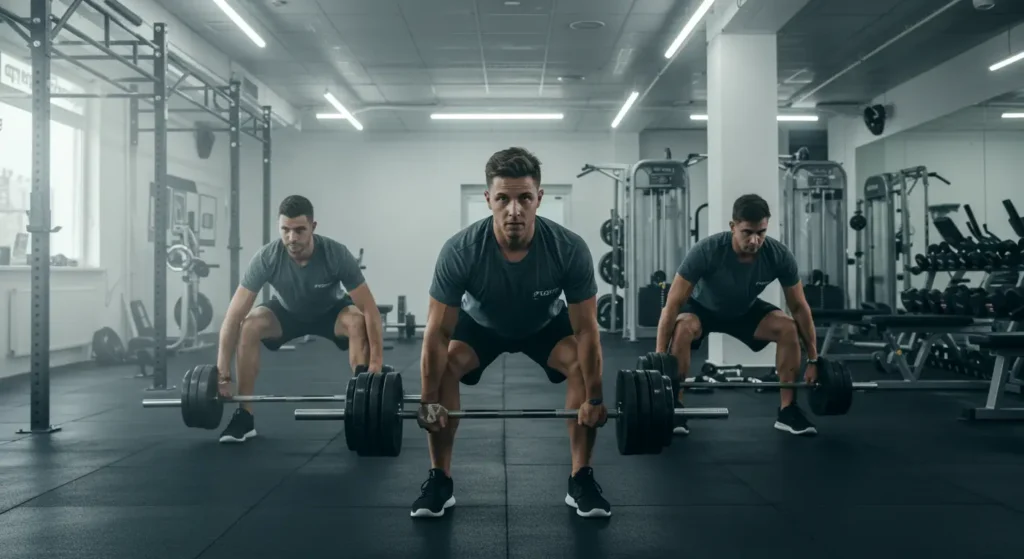In the world of athletics, strength and conditioning coaches play a pivotal role in enhancing athletes’ performance. The advanced strength & conditioning coach integrates various methodologies to optimize training outcomes.
Whether you’re just starting your career or looking to refine your existing skills, understanding the essential skills required in this profession is crucial for success. Keep on reading if you want to learn more.

Key Competencies for Coaches
Embarking on a journey as an advanced strength and conditioning coach requires a well-rounded skillset. Here’s a breakdown of skills that can significantly impact your coaching effectiveness:
Program Design
Coaches make training plans for each athlete. The plan should fit the sport and the person. This helps athletes improve step by step.
Injury Prevention
Coaches look for things that can cause harm. They use smart steps to stop injuries. This keeps athletes playing longer.
Athlete Motivation
Good coaches help athletes stay excited. They push them in a kind way. This makes athletes work harder.
Assessment and Evaluation
Coaches test how strong or fast someone is. They keep track of changes. This helps the training stay on track.
Nutrition Knowledge
Food helps with energy and healing. Coaches give tips on eating smart. The right food choices help athletes feel strong.
Understanding Program Design
Program design is at the core of an advanced strength and conditioning coach’s role. Effective program design goes beyond merely selecting exercises. It involves:
- Clear goals based on the specific needs of the athlete
- Periodization strategies to promote peak performance
- Programs based on ongoing assessments and feedback
Each athlete is unique, and customization becomes key in program design to unlock their full potential. This approach not only helps to improve performance but also significantly reduces injury risk.
The Importance of Injury Prevention
Injury prevention is paramount in strength training. Studies indicate that coaches who incorporate preventive strategies effectively can prolong athletes’ careers and ensure consistent progress. Including:
- Dynamic warm-ups to prepare the body for physical activity
- Strengthening exercises that target common vulnerabilities
- Education on proper recovery techniques to avoid overtraining
As a coach, fostering an environment where injury prevention is a priority can empower athletes to train with confidence.
Mastering Athlete Motivation
A coach’s ability to engage and motivate athletes can make all the difference. Motivational techniques include:
- Setting incremental goals to help athletes see their progress
- Providing constructive feedback
- Celebrating achievements
- Encouraging a team-oriented environment
Strong relationships built on trust can encourage athletes to push past their limits and engage fully with their training.
Empower Your Coaching Journey
Becoming a successful advanced strength and conditioning coach is a blend of skills, knowledge, and passion. Embracing the importance of program design, injury prevention, and athlete motivation is essential in this dynamic field. With dedication and the right strategies, coaches can leave a lasting impact on the athletes they work with, fostering not only excellence in performance but also overall well-being. Check out ASFA if you want to develop your career further.
Your Path to Excellence
For coaches eager to advance their career, continuous education and networking can facilitate the journey. Workshops, certifications, and professional associations play critical roles in keeping coaches informed about the latest trends and strategies in strength and conditioning. Join the community of advanced strength and conditioning coaches and take your skills to the next level!
For more related topics, check out the rest of our blog!






